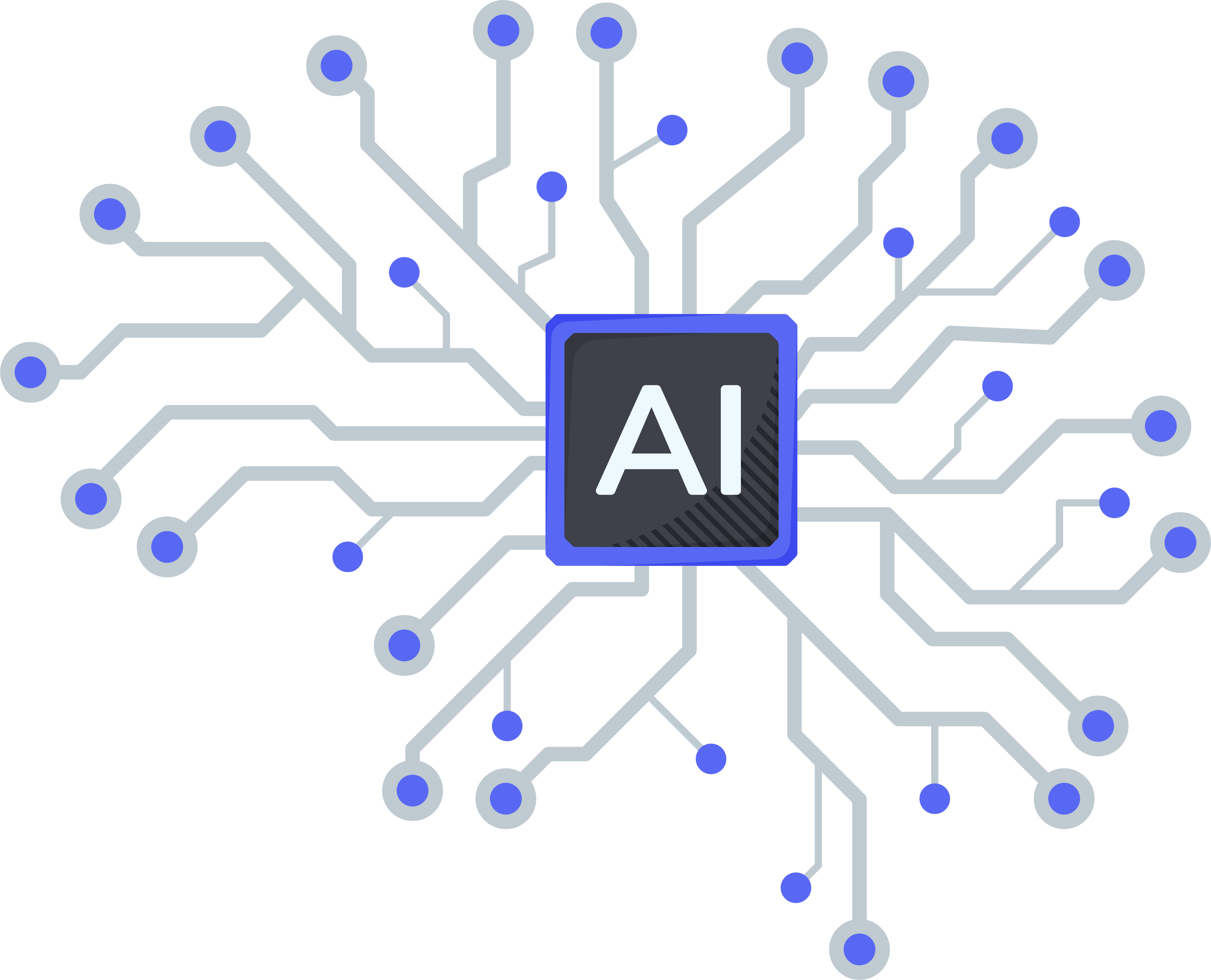How is artificial intelligence changing DevOps
Combining artificial intelligence with DevOps is leading to improvements in traditional development and workflows. This integration has led to greater efficiency in software development and improved the quality of the development process and its outputs. This Answer will delve into how AI has altered the DevOps workflow.
Note: For an overview of DevOps, please refer to this Educative Answer.
Use cases
This section depicts the impact of artificial intelligence on DevOps and its advantages:
Quality assurance
With the improvement of machine learning algorithms, test cases can now be generated, enhancing test coverage. This aids in finding vulnerabilities and other bottlenecks, leading to better quality assurance.
Security
AI helps in analyzing code for vulnerabilities and identifying security breaches in real-time. This allows for enforcing security policies in software delivery.
ChatOps
Chatbots can be integral to DevOps workflows as they allow for automating tasks. This leads to efficient decision-making and cohesive work between separate teams.
Monitoring
Anomaly detection algorithms lead to a reduction in false positives, which provides accurate alerts and cuts down on response times.
Predictive analysis
AI analytics can analyze historical data to identify patterns and trends. DevOps teams use this to address potential problems before they occur and impact software delivery.
Release planning
AI data-driven approach aids in making informed decisions about which features to prioritize, along with optimal release timing and resource allocation.
CI/CD
AI algorithms assess the impact of code changes and can roll back changes if anomalies or issues are detected. This is done without human intervention, leading to greater efficiency.
Drawbacks
With these advantages, it is important to acknowledge certain drawbacks. One challenge is the difficulty in the implementation and management of AI-driven systems. Organizations and companies may have difficulties acquiring professionals capable of maintaining AI-driven DevOps pipelines. The dependency on AI systems is also a concern about interpretability. An overreliance on automation can diminish human oversight and intuition in critical scenarios. Balancing AI’s advantages in DevOps with these drawbacks requires a thoughtful approach to reap the benefits of this integration.
Real-life example
Consider a large e-commerce platform; AI-driven monitoring tools analyze vast amounts of telemetry data to detect anomalies and predict potential issues before they occur. This proactive approach enables DevOps teams to address issues swiftly, optimize resource allocation, and deliver a smoother user experience, ultimately leading to higher customer satisfaction and cost savings.
Let's attempt this quiz below to test your concepts:
How does AI contribute to security in the context of DevOps?
Automates server deployments.
Analyzes code for vulnerabilities and identifies security breaches in real-time.
Facilitates communication between team members.
None of the above.
Free Resources
